Many exercises, such as shoulder presses or bench presses, can be performed with either dumbbells or kettlebells. But have you ever stopped to consider which best suits your needs and goals?
Here, Built for Athletes discusses the strengths and weaknesses of both so you can make more informed decisions about which you should be using.
Balance
Perhaps the most fundamental difference between dumbbells and kettlebells is how they distribute their weight.
Dumbbells are equally weighted on each side whereas bells are not - the ball part is heavier than the handle at the top.
As a result, it’s easier to balance a dumbbell which perhaps makes it safer and a better option if you’re learning a new move.
Isolating vs Targeting Multiple Muscle Groups
The uneven balance in the weight of a kettlebell means more muscle groups are required to keep it balanced and redirect it in the direction you want it to move.
As a result, dumbbells tend to be better for isolating muscle groups. This is demonstrated if you perform a bicep curl with each, as you’ll experience that it’s much harder to keep the kettlebell under control, meaning other muscle groups are having to be engaged in order to keep it steady.
This means that if you’re looking for a more full-body workout involving dynamic movements, kettlebells are the way to go.
Dumbbells For Building Strength
Due to being easier to balance, dumbbells are generally accepted as being better at helping to build strength.
It’s far easier to go up in weight with a dumbbell and the fact you can more easily isolate muscle groups also plays a part.
Kettlebells More Replicable Of Real Life
Most of the objects you pick up in day-to-day life will not be weighted in a perfectly even way like dumbbells are.
As a result, kettlebells are better for functional movements - a key principle among CrossFitters.
They also tend to be more effective if you want to incorporate an aerobic training stimulus into your weight routine because they are better for dynamic movements and engage more muscle groups, as discussed above.


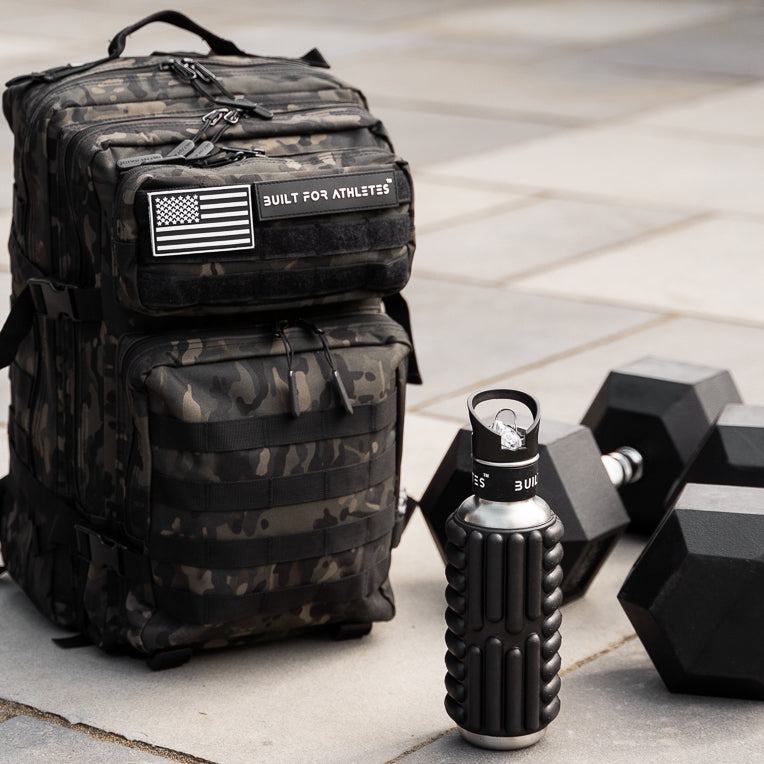


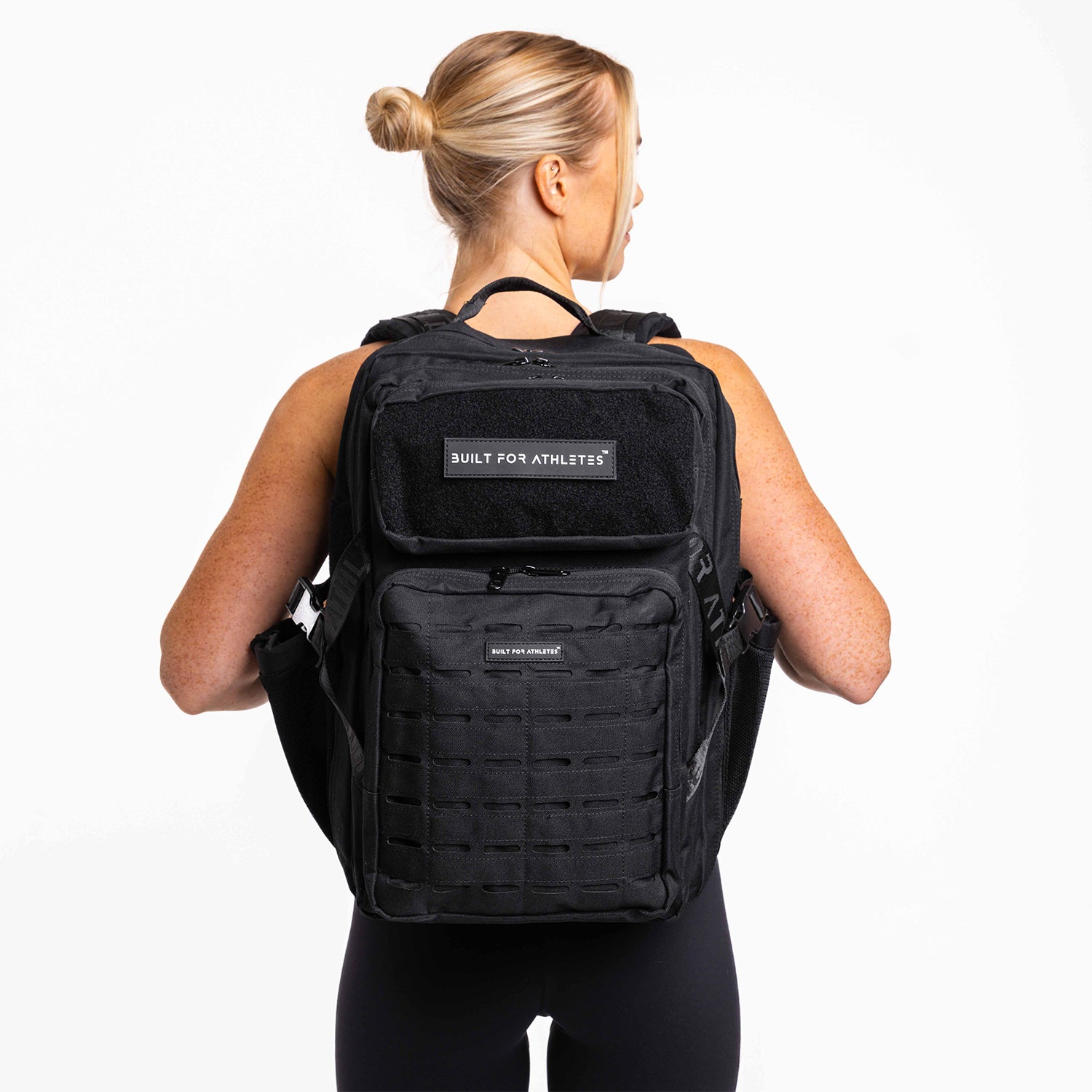







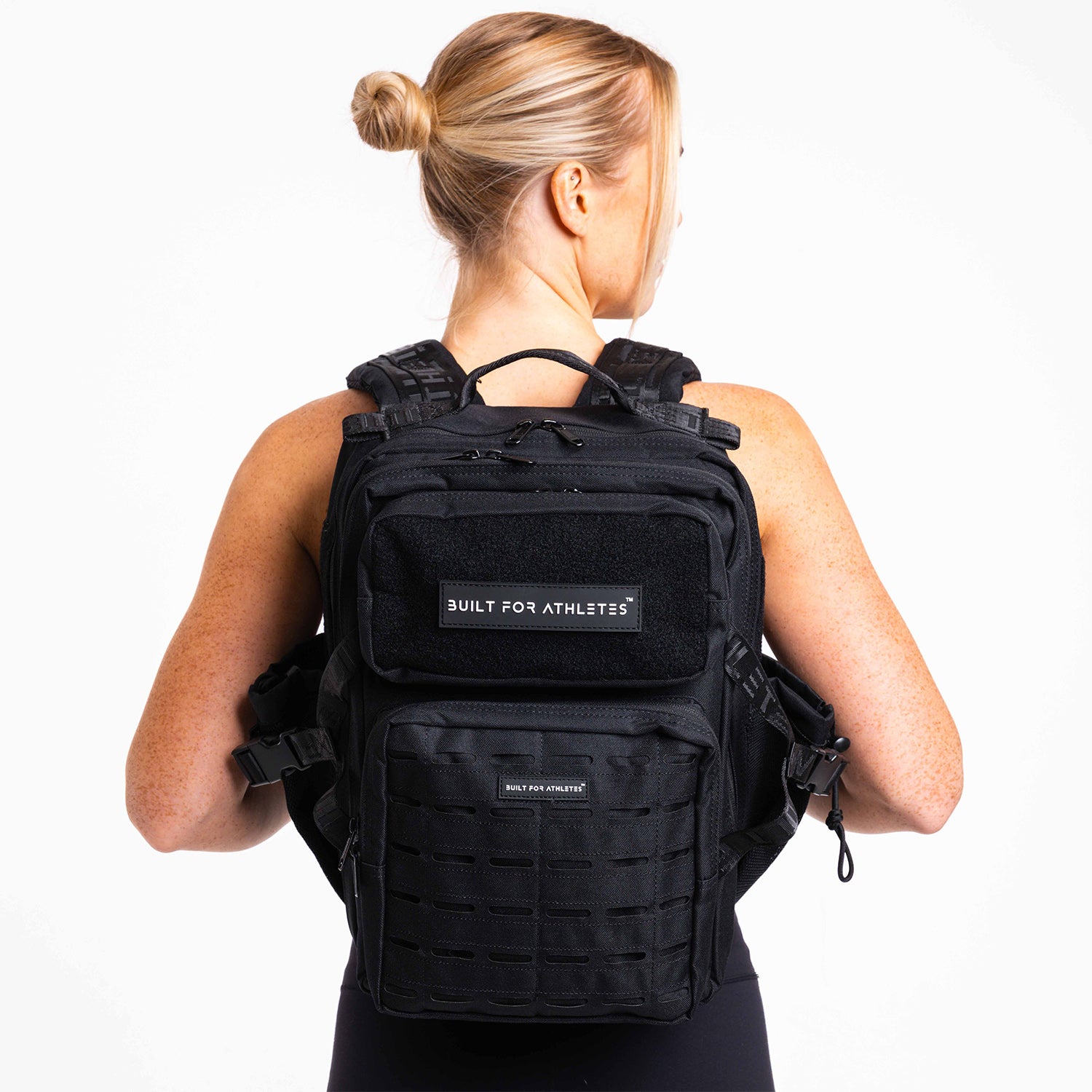
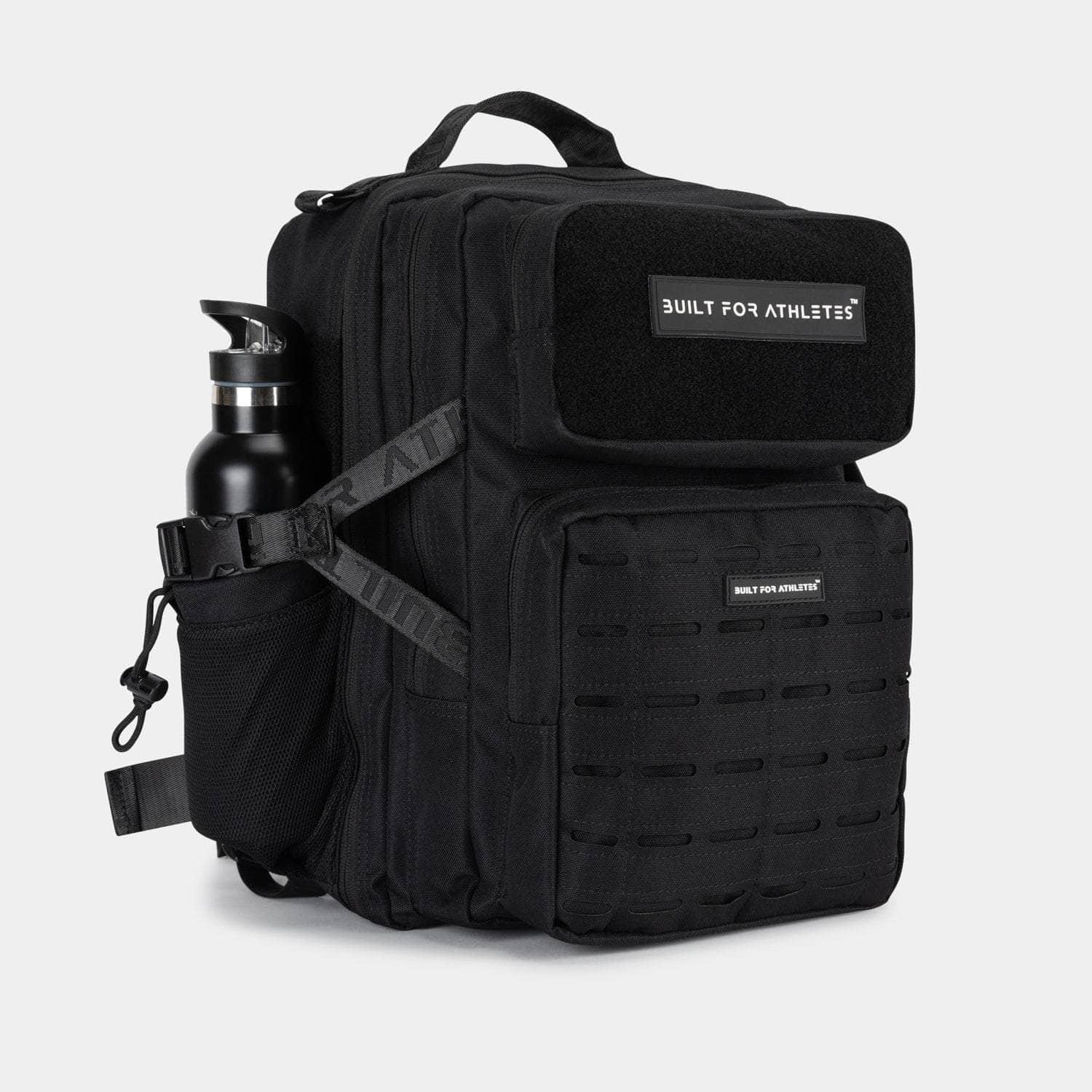






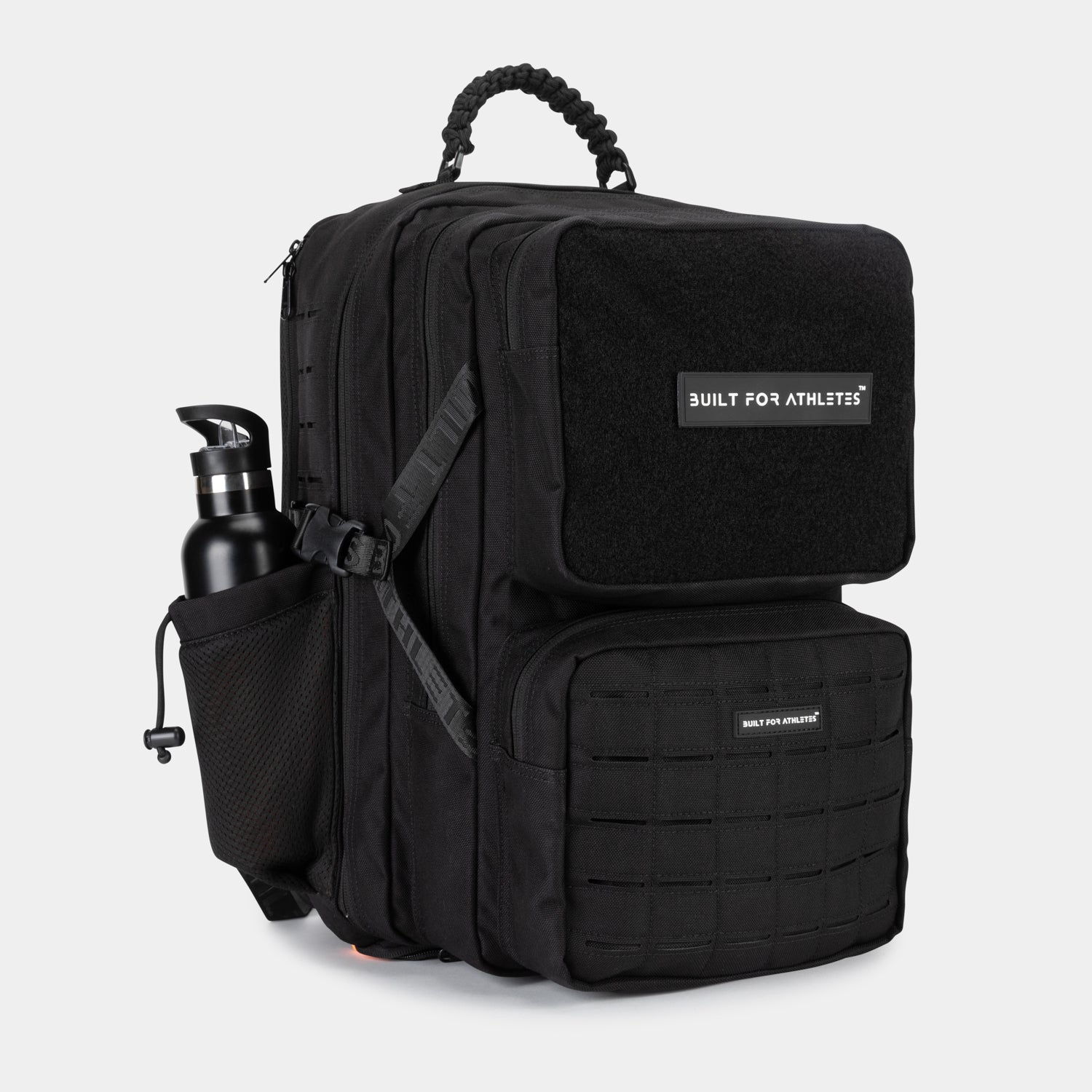







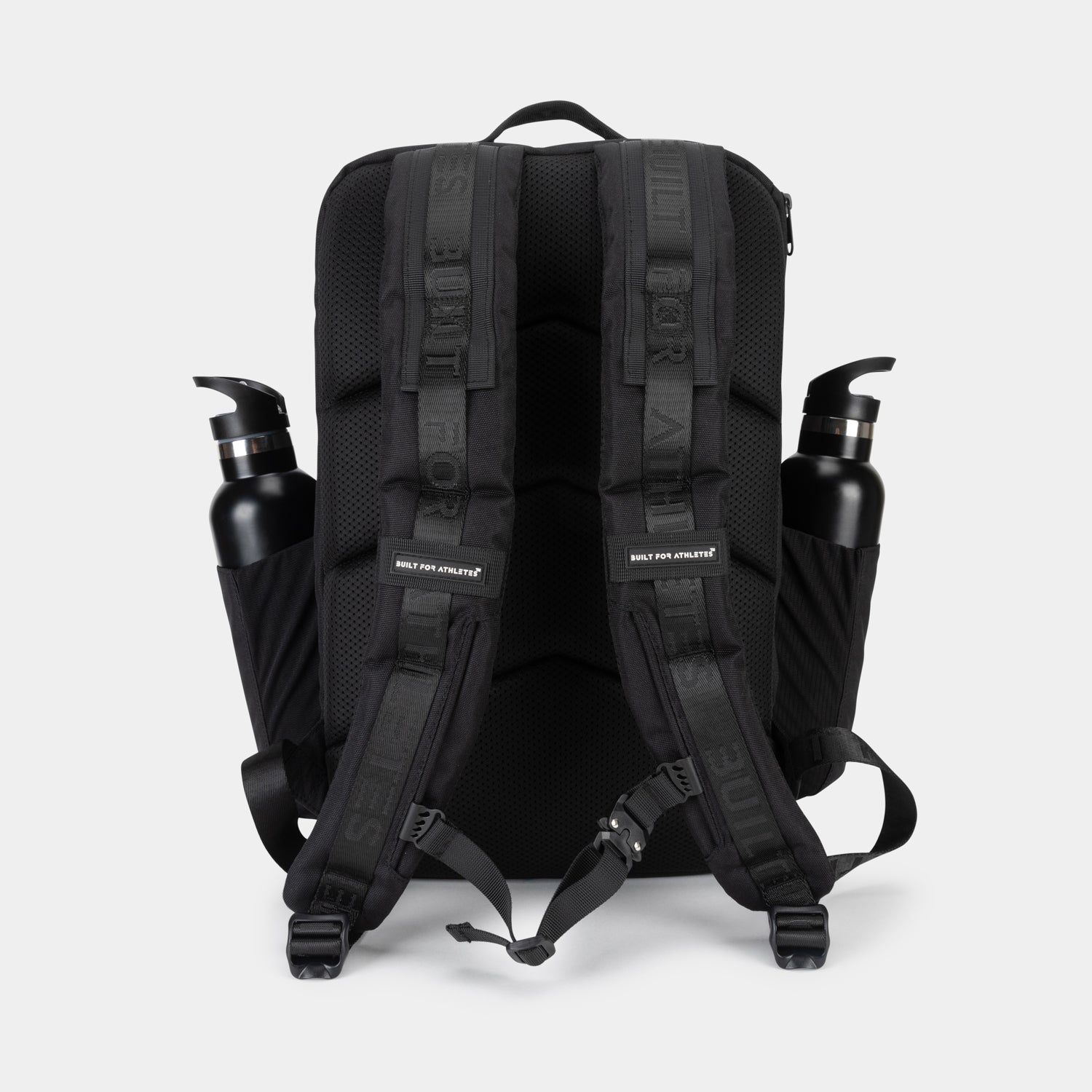









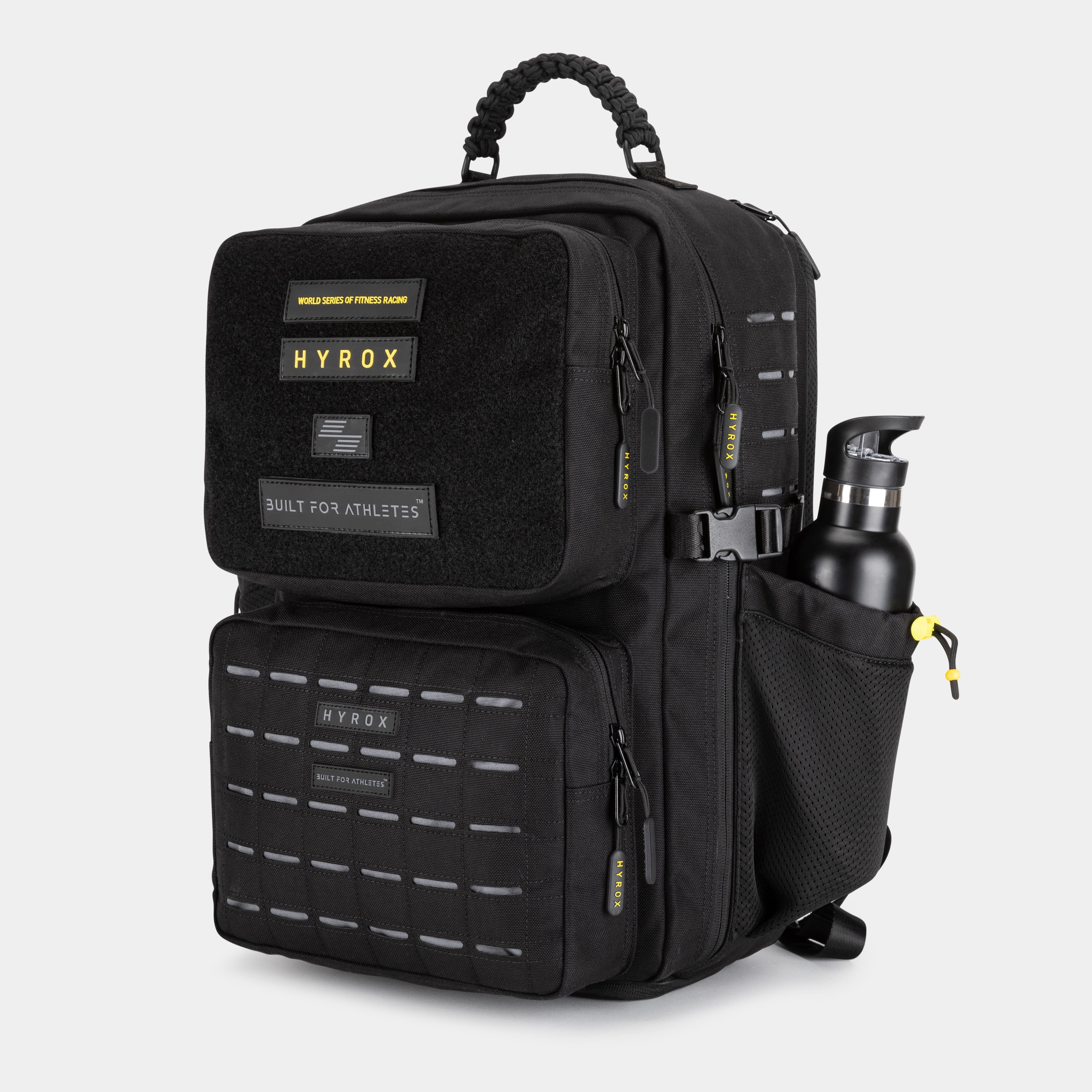




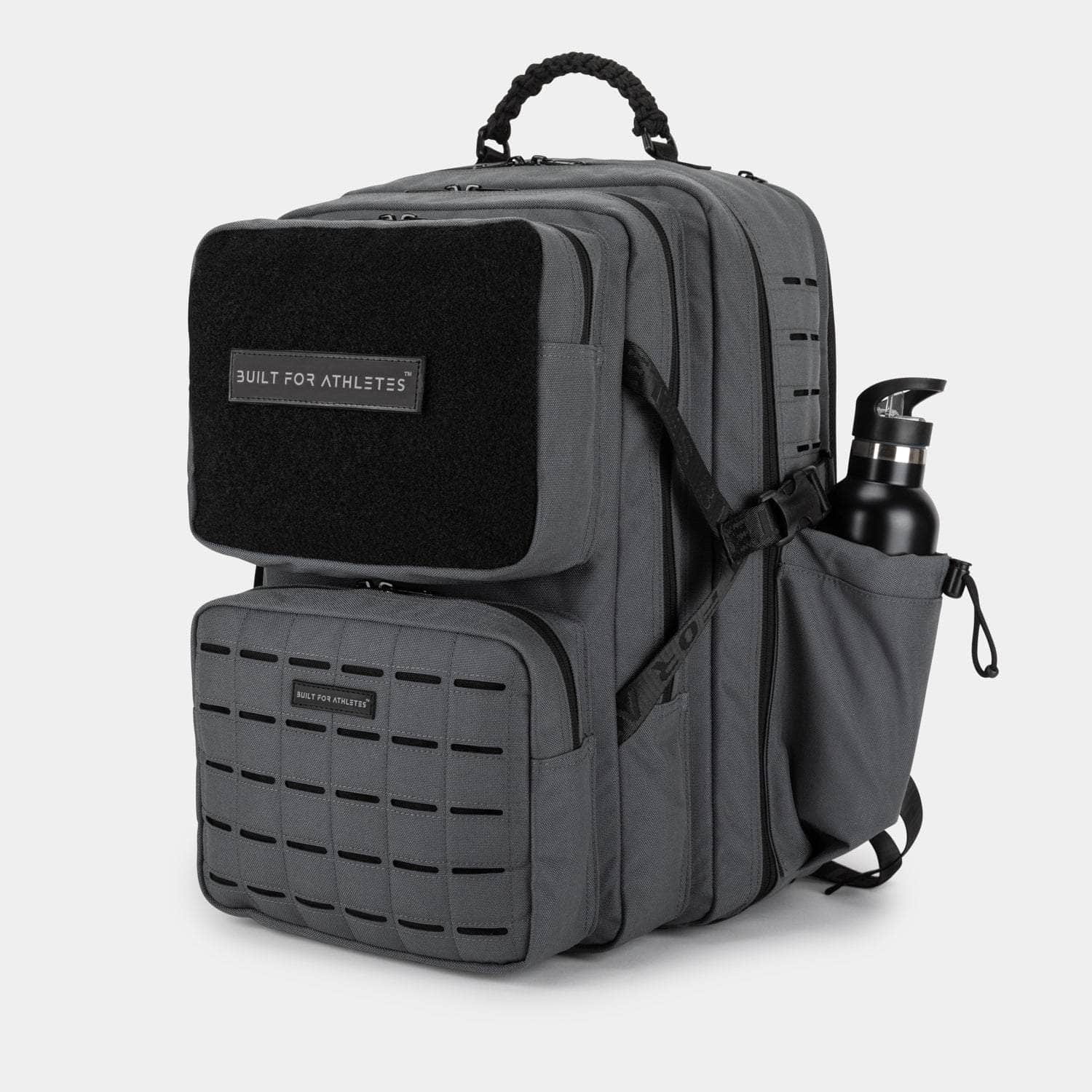








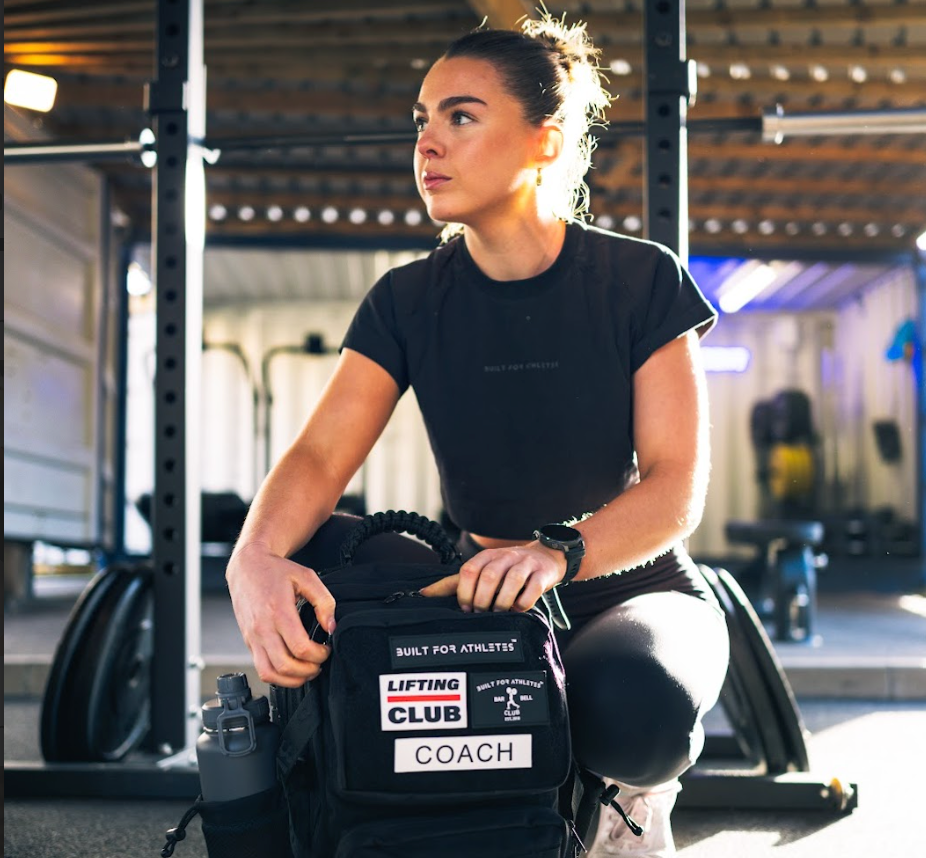


Share:
5 Supplements That Can Improve Brain Function
How Do UFC Fighters Train?